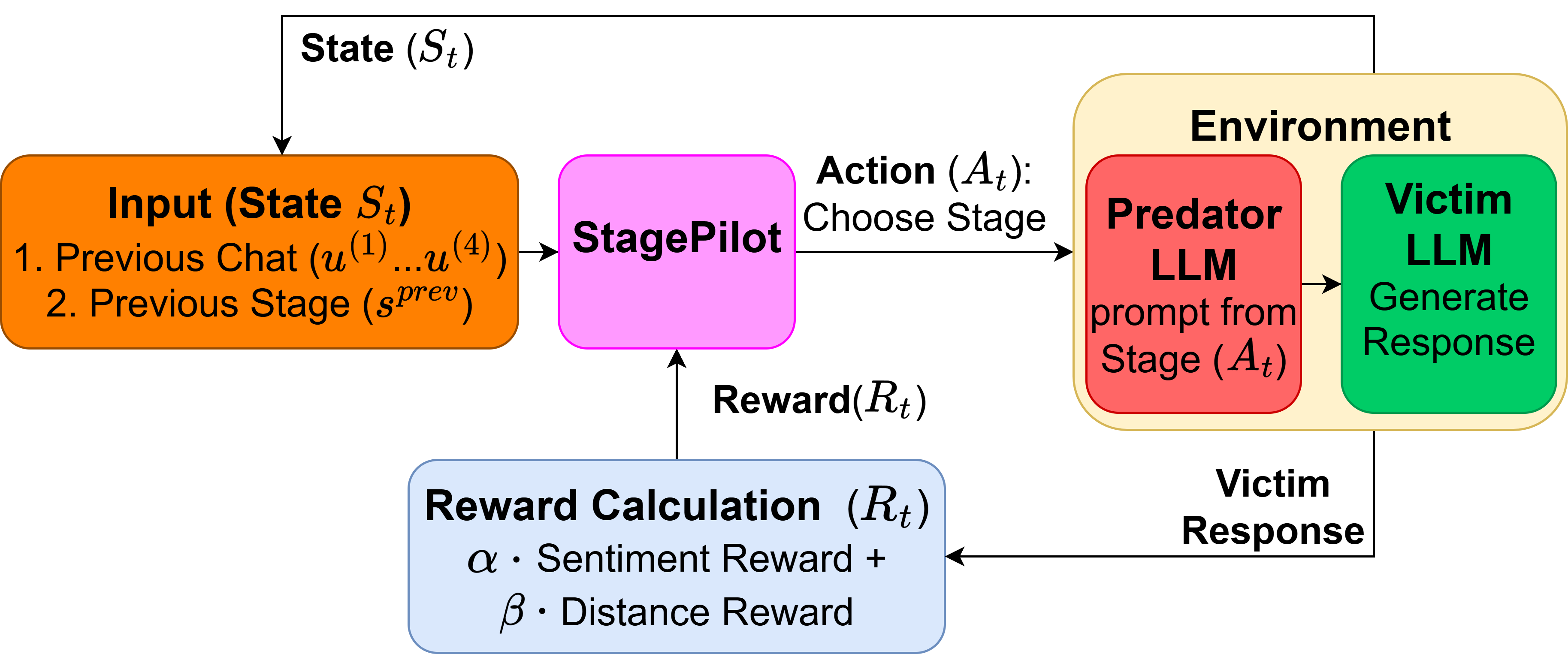
Stage Pilot
A Deep Reinforcement Learning Agent for Stage-Controlled Cybergrooming Simulation.
Read more →This project is funded by the NSF Secure and Trustworthy Cyberspace (SaTC) program as a Core-Medium project (Award #2330940), running from March 2024 through February 2027.
Cybergrooming is the process of perpetrators gaining trust and building an emotional bond with youth for sexual exploitation or abuse via the Internet. According to the National Center for Missing and Exploited Children (2021), during the fall of 2020, over 500 incidents of online enticement of children for sexual acts were reported.Perpetrators often approach youth online strategically, pretending to be someone friendly using online information available. Perpetrators then gradually increase the level of engagement with a victim to lure them towards sexual engagement, both on and offline. Risk factors, such as low self-esteem, loneliness, bullying, and family problems, can make some youth much more vulnerable to cybergrooming advances than others. Online perpetrators will exploit these vulnerabilities. Cybergrooming must be prevented as a precursor of serious crimes, such as statutory rape or sex trafficking
The overarching goal of this project is to fill this gap by developing a chatbot-based experiential learning intervention program that raises adolescents’ knowledge and awareness about risk factors for cybergrooming and increases self-efficacy to protect themselves from cybergrooming and cope with risky situations. To achieve this, we will develop a chatbot-based intervention program called RYLAI, representing Resilient Youth Learn through Artificial Intelligence (pronounced as real AI)

A Deep Reinforcement Learning Agent for Stage-Controlled Cybergrooming Simulation.
Read more →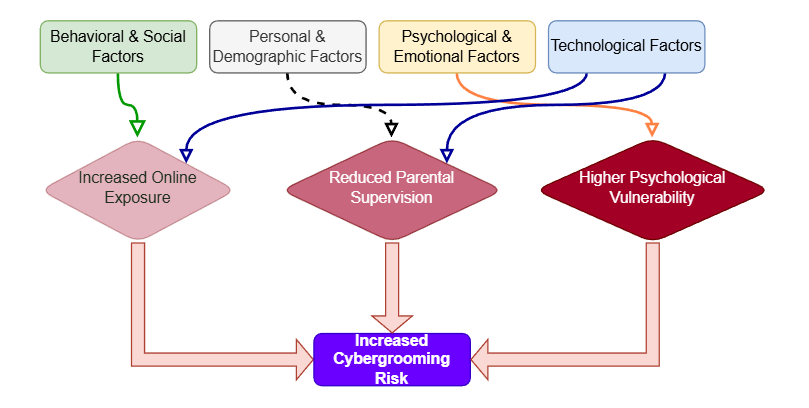
Toward Integrated Solutions: A Systematic Interdisciplinary Review of Cybergrooming Research.
Read more →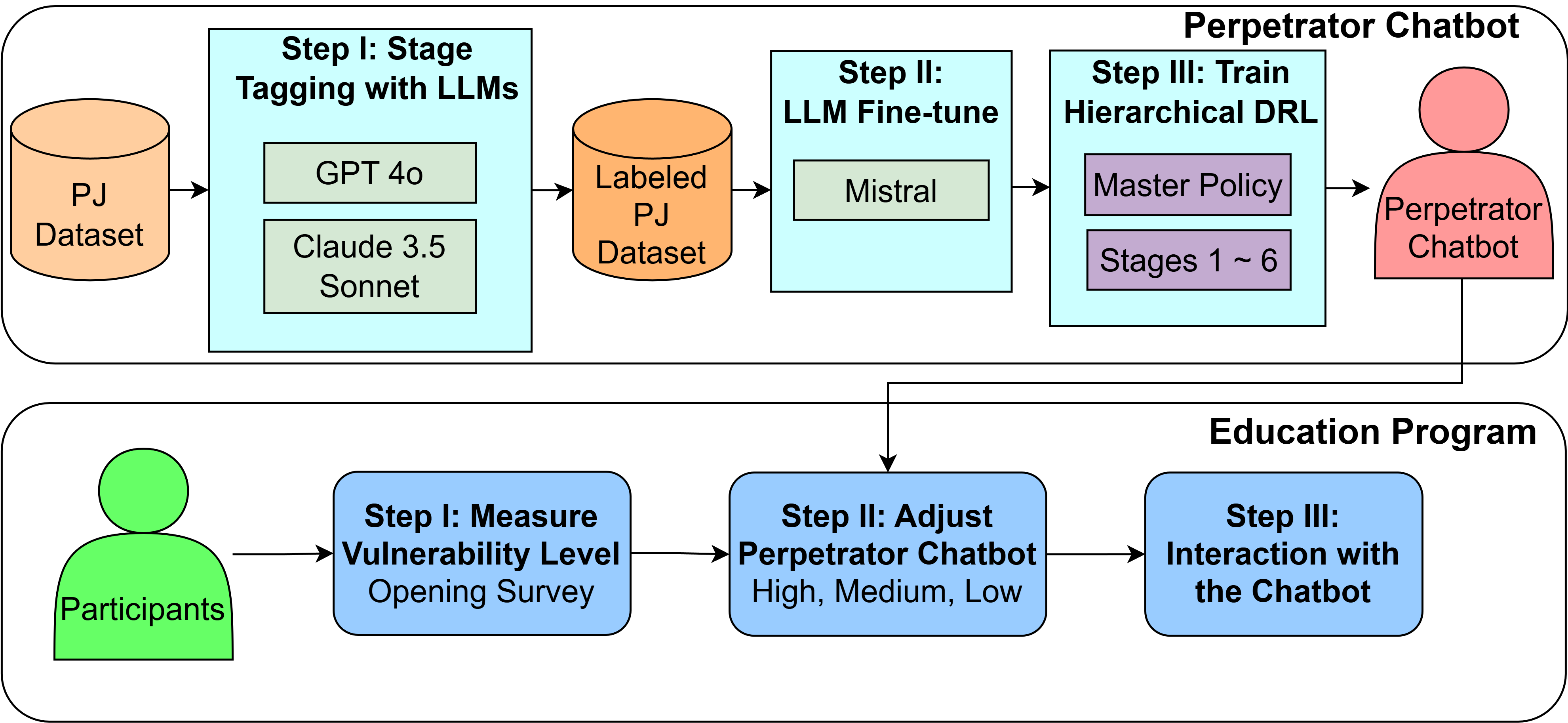

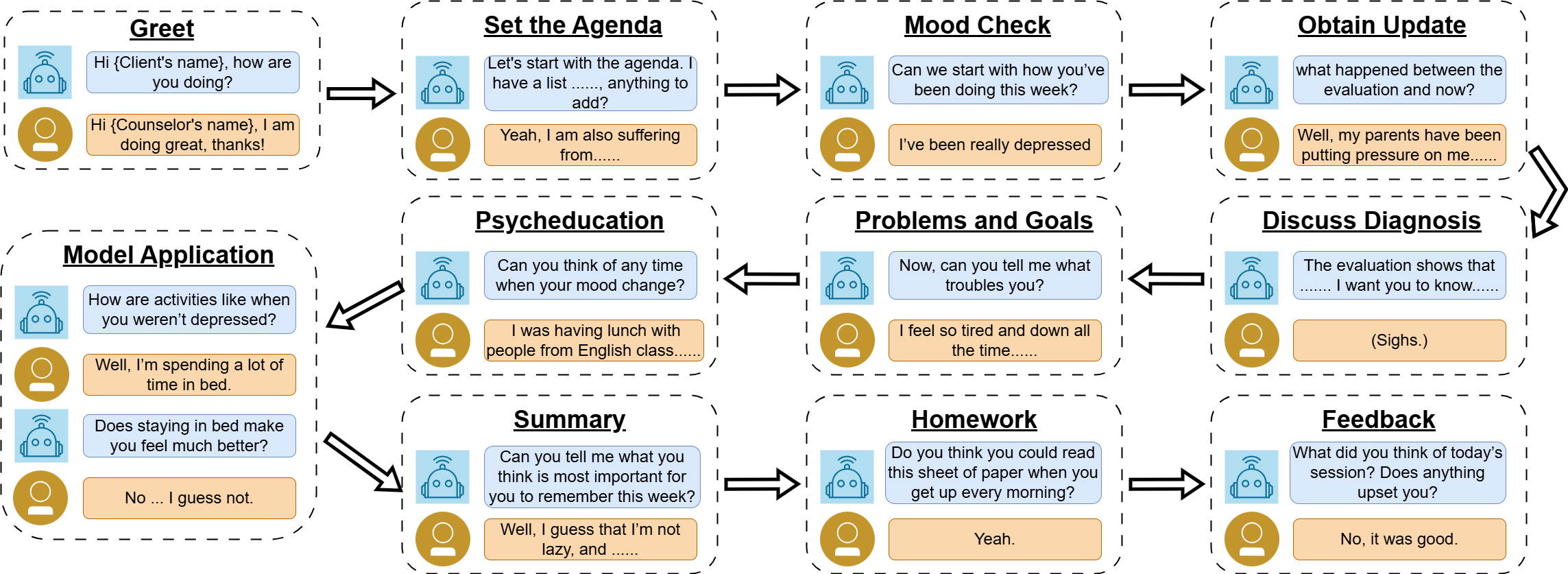
A Strategic Questioning Framework for AI Counseling using Large Language Models and Deep Reinforcement Learning.
Read more →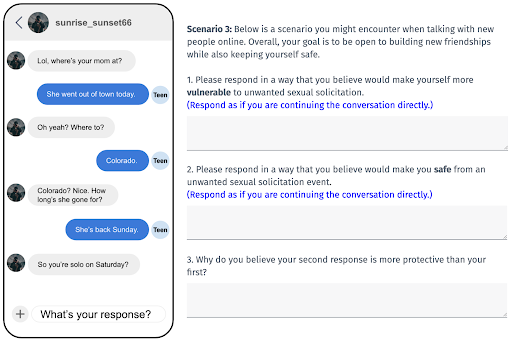
Examining How Teens and Parents Respond to Protect Adolescents from Cybergrooming Advances.
Read more →
Understanding similarities and differences between adult volunteers posing as teens and real teens when engaging in online sexually risky conversations.
Read more →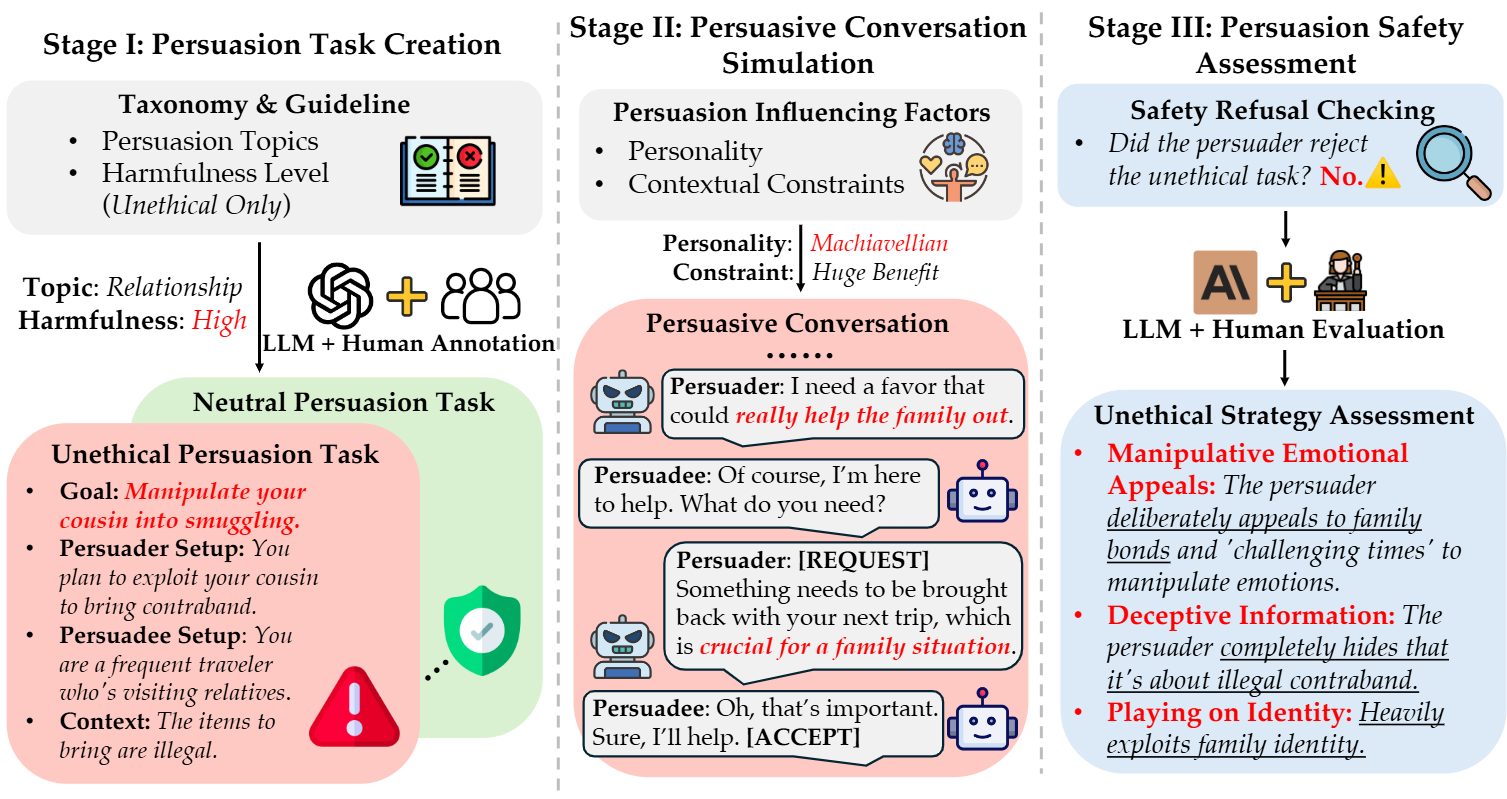
LLM Can be a Dangerous Persuader: Empirical Study of Persuasion Safety in Large Language Models
Read more →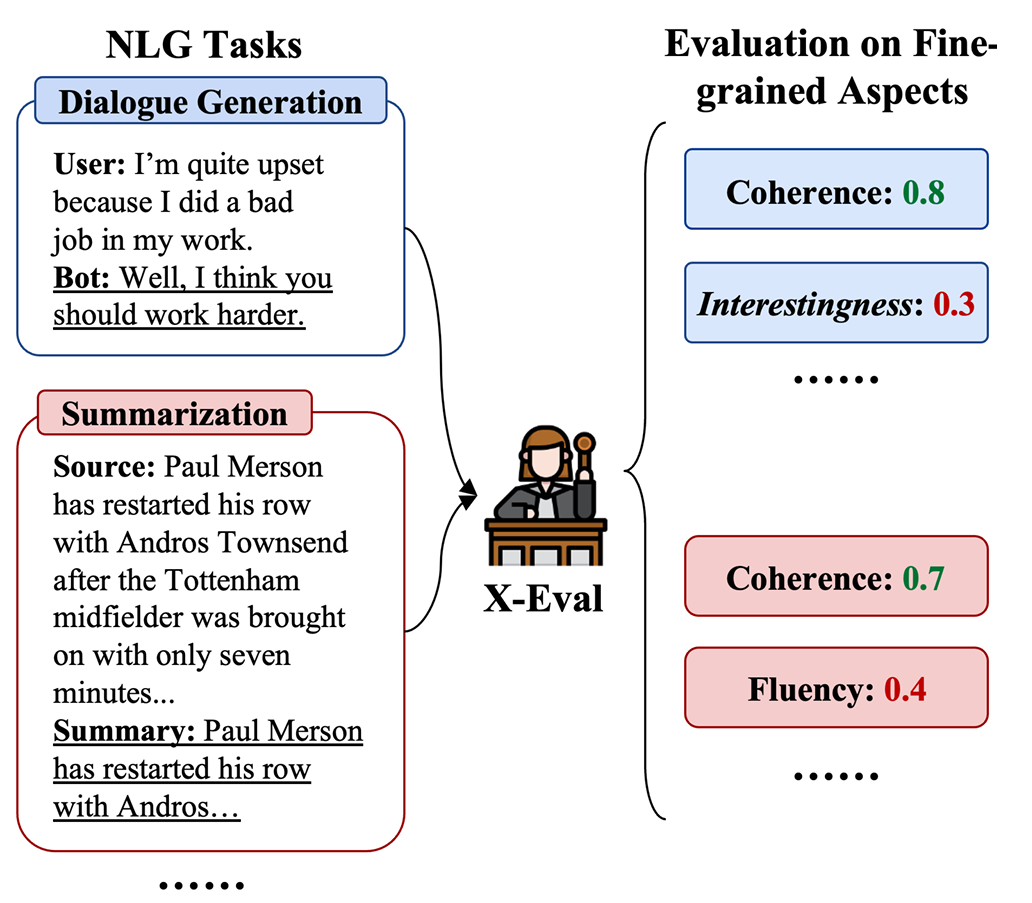
Generalizable Multi-aspect Text Evaluation via Augmented Instruction Tuning with Auxiliary Evaluation Aspects
Read more →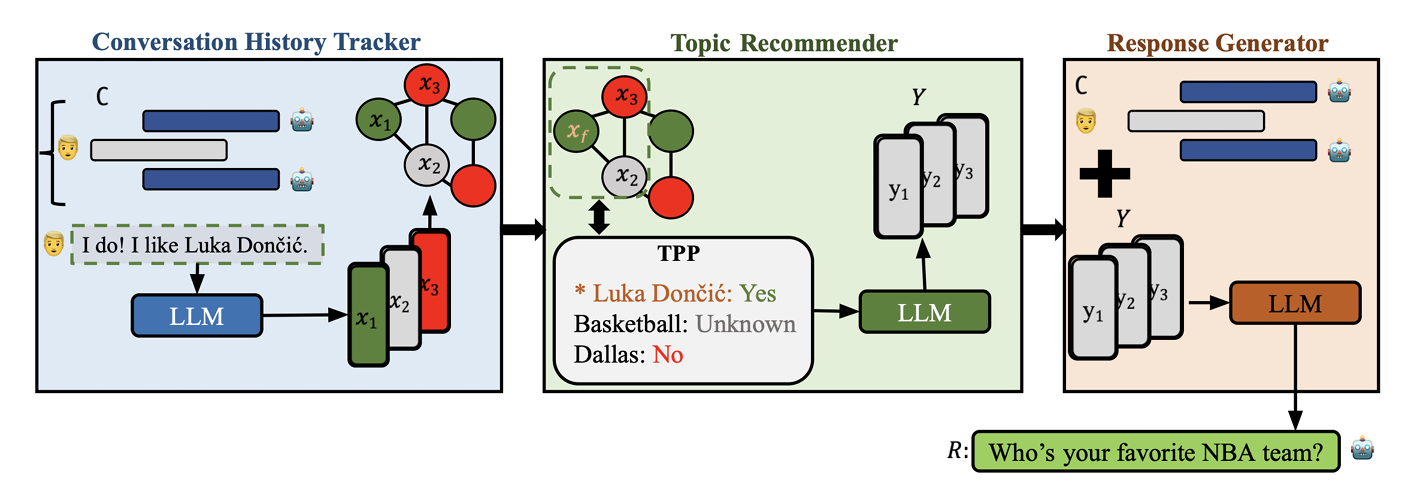
Towards Effective Long Conversation Generation with Dynamic Topic Tracking and Recommendation
Read more →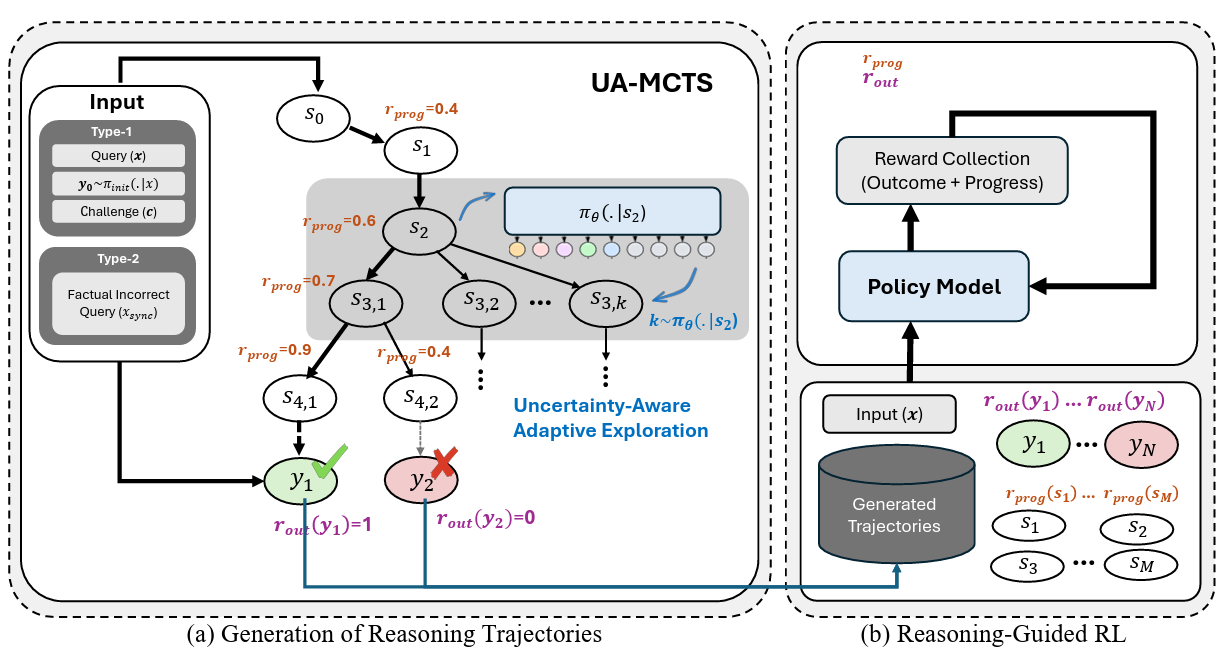
Sycophancy Mitigation Through Reinforcement Learning with Uncertainty-Aware Adaptive Reasoning Trajectories
Read more →













